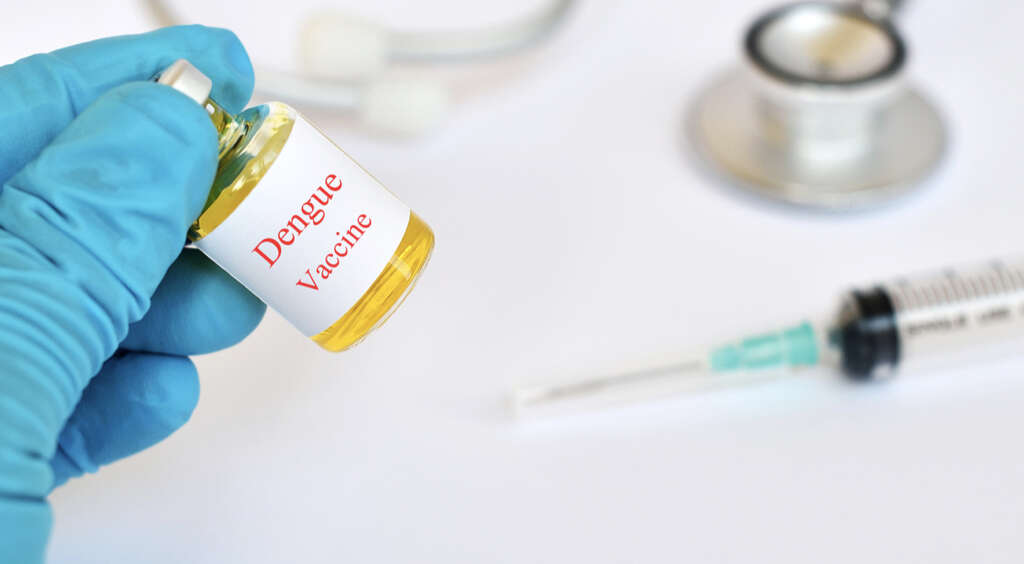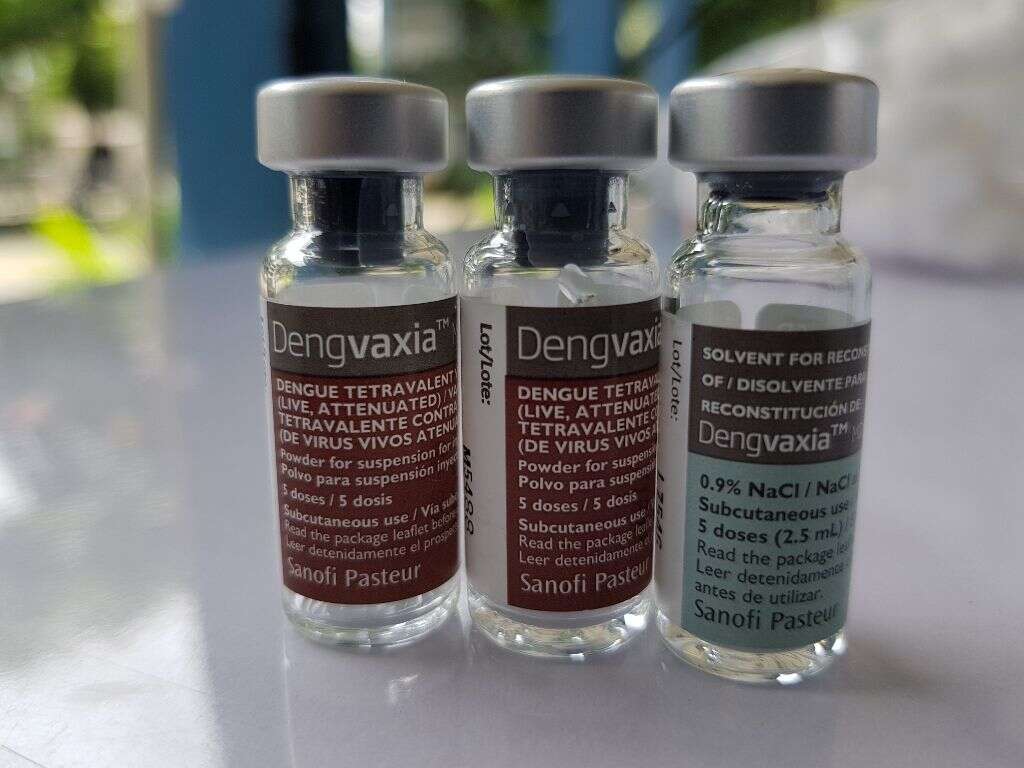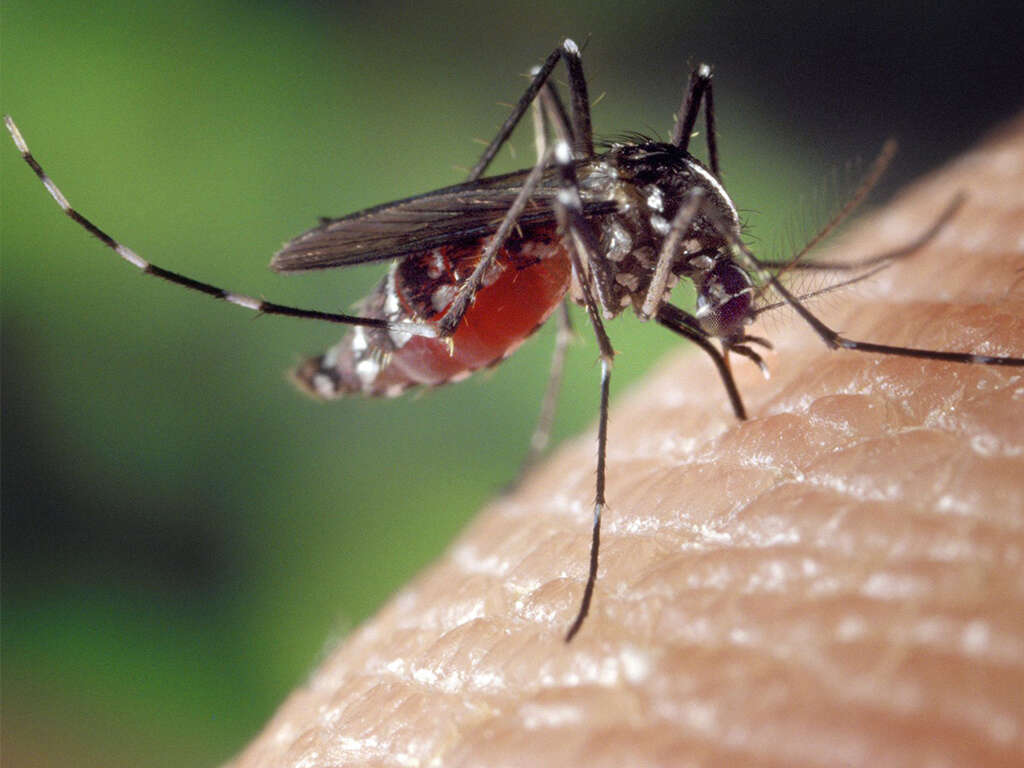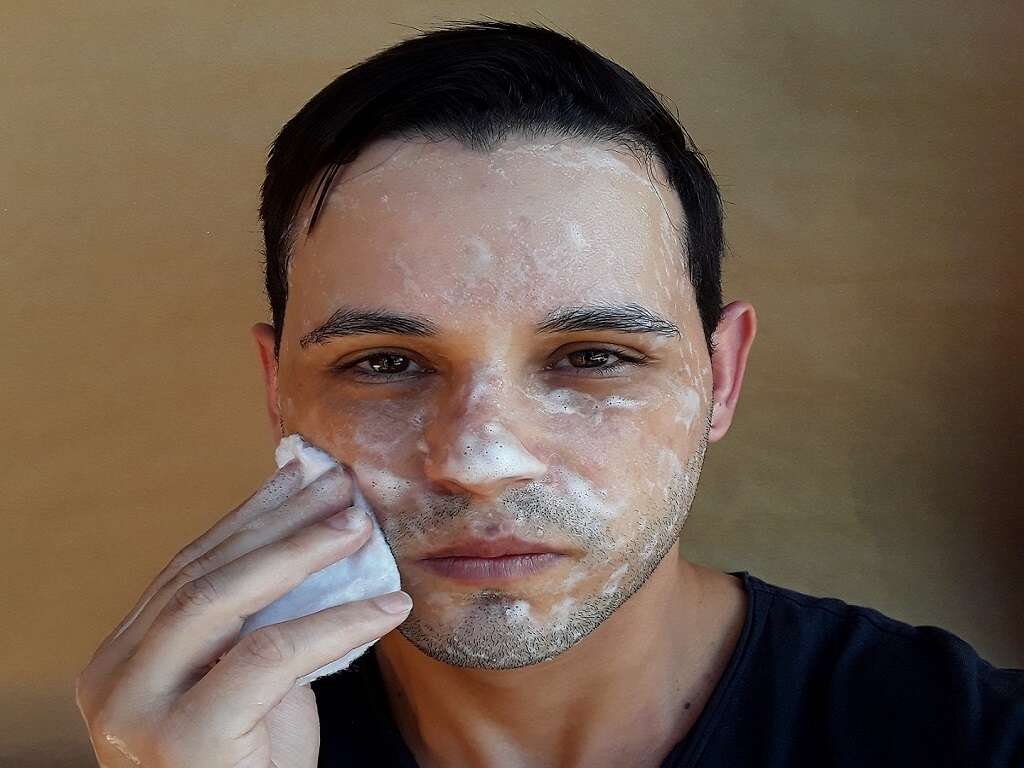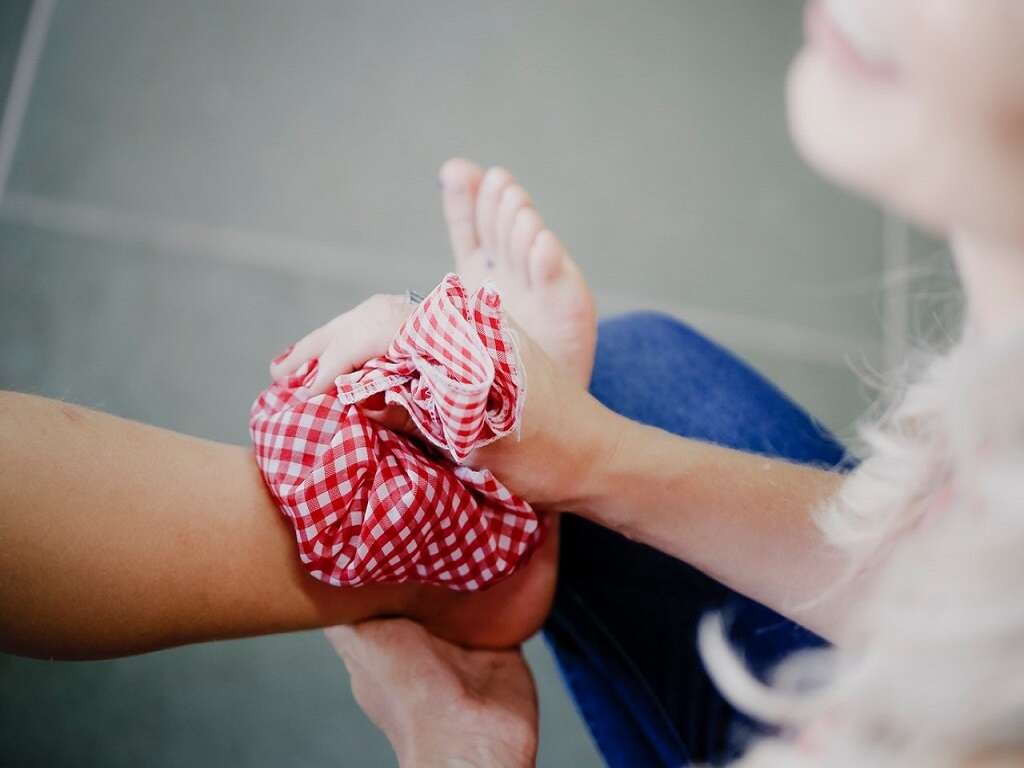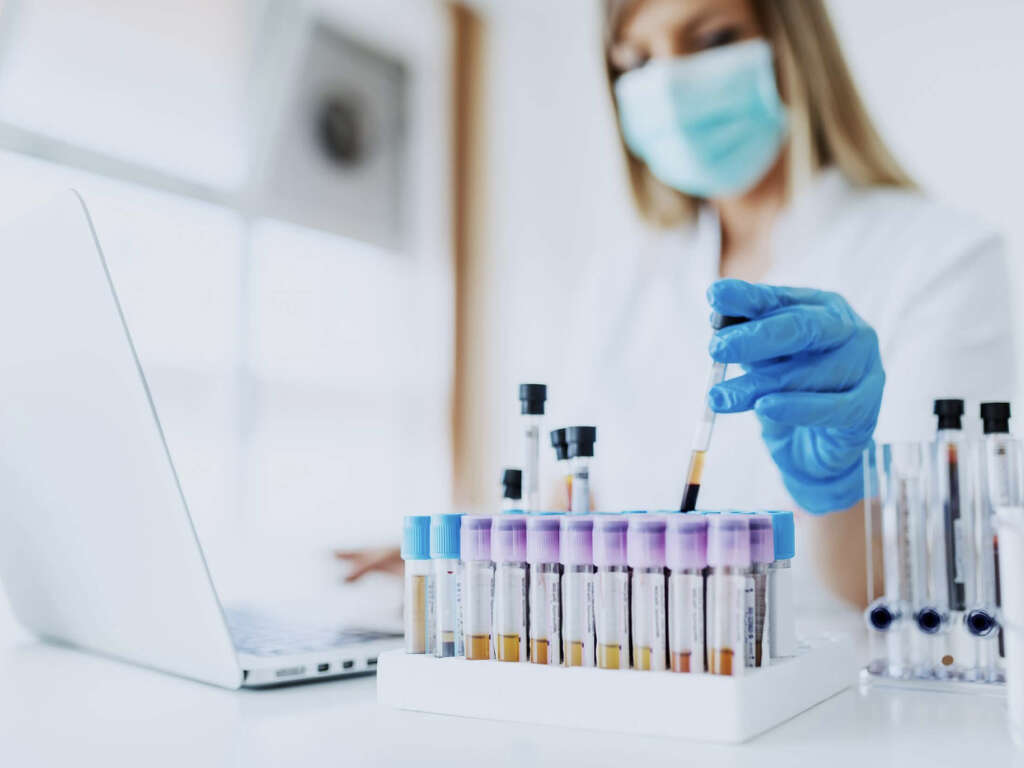What Is Dengue?
 Article Sources
Article Sources
- 1. Ratini, M. (2019, June 28). 'Dengue Fever: Symptoms, Causes, and Treatments.' Retrieved October 22, 2020, from https://www.webmd.com/a-to-z-guides/dengue-fever-reference.
- 2. “Dengue.” Centers for Disease Control and Prevention, Centers for Disease Control and Prevention, 14 July 2020, www.cdc.gov/dengue/index.html.
Dengue, which is pronounced “DENG-gey,” is a mosquito-borne illness that causes rash, high fever and muscle and joint pain. In more severe cases, the disease can cause hemorrhaging, abdominal pain, a sudden drop in blood pressure resulting in shock and in the most severe cases, death.
One of four closely related viruses causes dengue fever. These viruses — the dengue viruses — also happen to be associated with those that cause yellow fever and West Nile infection. Outbreaks are occurring in many parts of the world, but some areas are more prone to it than other regions.

1. What Are the Symptoms of Dengue Fever?
Signs of dengue fall into two categories: mild and severe. Mild symptoms closely resemble those of other, non-severe illnesses and may include fever, rash, aches and pains. In some cases, an infected person may develop nausea or vomiting. Symptoms typically last for two to seven days.
One in 20 people who contract dengue will develop a severe case. Indications of severe dengue include abdominal pain, vomiting, vomiting up blood, fatigue, irritability and bleeding of the nose and gums. These manifestations typically develop 24-48 hours after the fever subsides, though they can come on quickly. Severe dengue can be life-threatening.
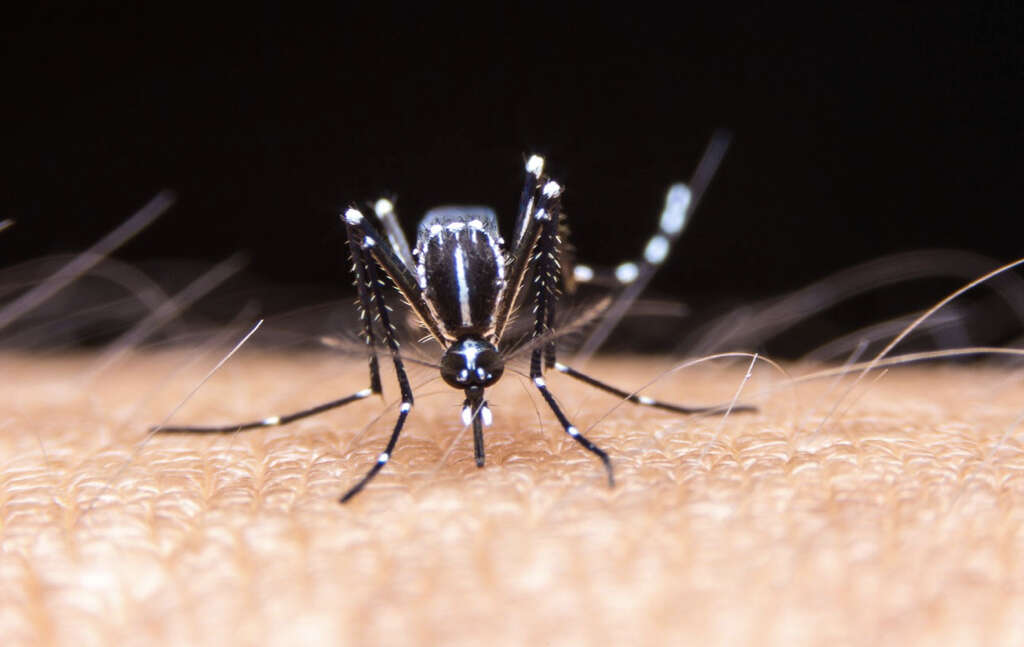
2. Who Is at Risk of Developing Severe Dengue?
Anyone bit by an infected mosquito is at risk of developing a severe case of dengue. However, some people are more susceptible than others. The most obvious at-risk group is people with compromised immune systems. Infants and pregnant women, along with people who have had dengue before, are also vulnerable.
Because severe dengue can result in internal bleeding, shock and eventually death, it is imperative that person’s who develop warning signs seek emergency medical attention immediately. Individuals traveling abroad or just returning should pay attention to any symptoms.

3. How Is Dengue Treated?
The course of treatment for dengue depends on the severity of the case. There is no specific treatment for mild dengue. In most moderate cases, doctors will recommend adequate rest, plenty of liquids and acetaminophen for discomfort. Infected person’s should not take ibuprofen or aspirin.
If a person develops a severe case of dengue, emergency room physicians will focus more on managing the resulting issues, such as low blood pressure, internal bleeding or vomiting, to keep the patient stable and alive. Patients will likely stay in the hospital for round-the-clock monitoring until they get better.

4. How Is Dengue Diagnosed?
Because signs and symptoms of dengue can be eerily similar to those of everyday illnesses, diagnosing the disease is often difficult without adequate context. This is why it is so important that individuals with symptoms of dengue should be forthcoming with their providers regarding recent travel.
Person’s who just took a trip should share details with their doctors about countries visited, dates traveled and possible contact with mosquitoes. If physicians cannot make a diagnosis based on an assessment, they may order labs as a last resort since results typically come in too late to guide treatment.

5. Where Do Dengue Outbreaks Occur?
There are an estimated 400 million dengue cases that occur throughout the world each year. Of those, approximately one in four, or 96 million, results in illness. While cases can crop up anywhere, they typically occur in tropical regions of the globe where mosquitos thrive.
The greatest risk for contracting dengue fever is in the Indian subcontinent; Southern China; Southeast Asia; Taiwan; the Pacific Islands; Mexico; Africa; the Caribbean, except for the Cayman Islands or Cuba; Central and South America, but not Paraguay, Chile and Argentina; Hawaii; areas along the Texas-Mexico border; and Key West, Florida.1Ratini, M. (2019, June 28). ‘Dengue Fever: Symptoms, Causes, and Treatments.’ Retrieved October 22, 2020, from https://www.webmd.com/a-to-z-guides/dengue-fever-reference.

6. How Is Dengue Transmitted?
The most common means of transmission of dengue is through mosquito bites or, more particularly, through the bite of an infected Aedes species mosquito. The Aedes mosquito, known as aegypti or Ae. Albopictus, is the same mosquito responsible for the spread of the chikungunya and Zika viruses. They typically bite during the day.
Aedes mosquitoes like both indoor and outdoor environments, which means heading indoors is not always a safe bet for prevention. Like most mosquito species, they prefer to lay their eggs near standing water, such as bowls, buckets, flowerpots and vases. They become infected when they bite infected persons.2“Dengue.” Centers for Disease Control and Prevention, Centers for Disease Control and Prevention, 14 July 2020, www.cdc.gov/dengue/index.html.
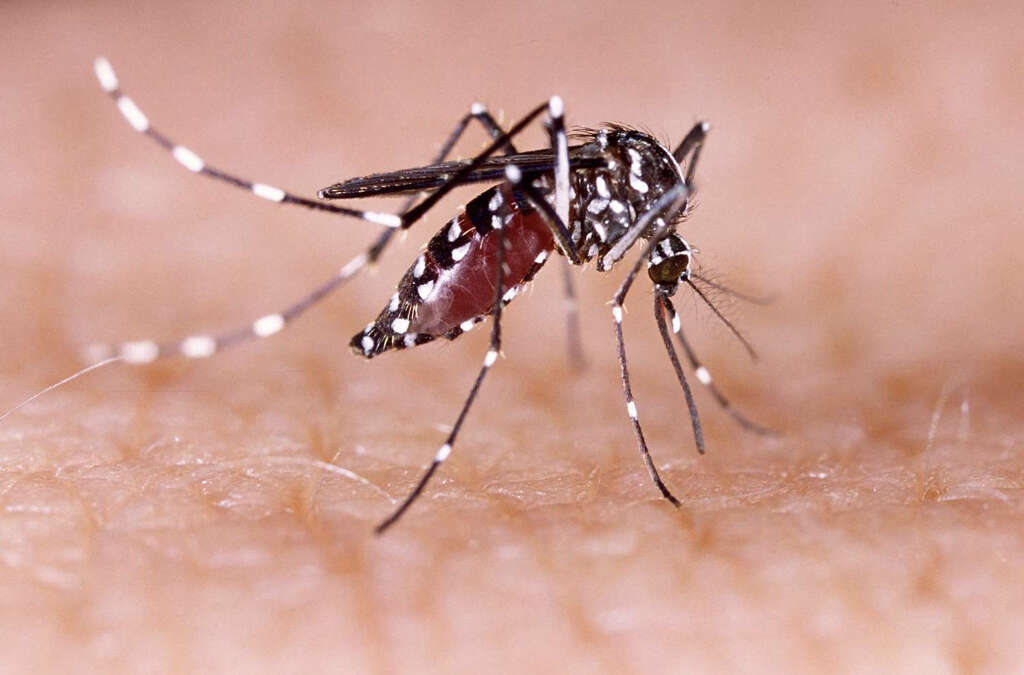
7. Can a Human Transmit Dengue?
A human cannot transmit dengue by sneezing or coughing at another person, such as may happen with the common cold. However, it is possible for a mother who was bitten by an infected mosquito to pass the virus to her fetus either during the pregnancy or right before birth.
In one rare instance, a mother infected her child through her breastmilk. However, even in areas where dengue is more common, doctors still encourage breastfeeding since the pros outweigh the risks. Though also rare, there have been cases of the disease spreading through organ transplants, blood transfusions or needle sticks.

8. What Can You Do To Prevent Dengue?
If you travel to an area where mosquitoes are rampant, particularly the Aedes mosquito, take all precautions available to prevent mosquito bites. Use mosquito repellent that has the Environmental Protection Agency’s approval, such as DEET, wear clothing that covers your arms and legs and keep young children covered.
If you can, take measures to keep mosquitoes outdoors, such as adding screens on windows. Remove any standing water outside the home. If you are traveling, try to stay in hotels with adequate screens, windows and air conditioning if available.
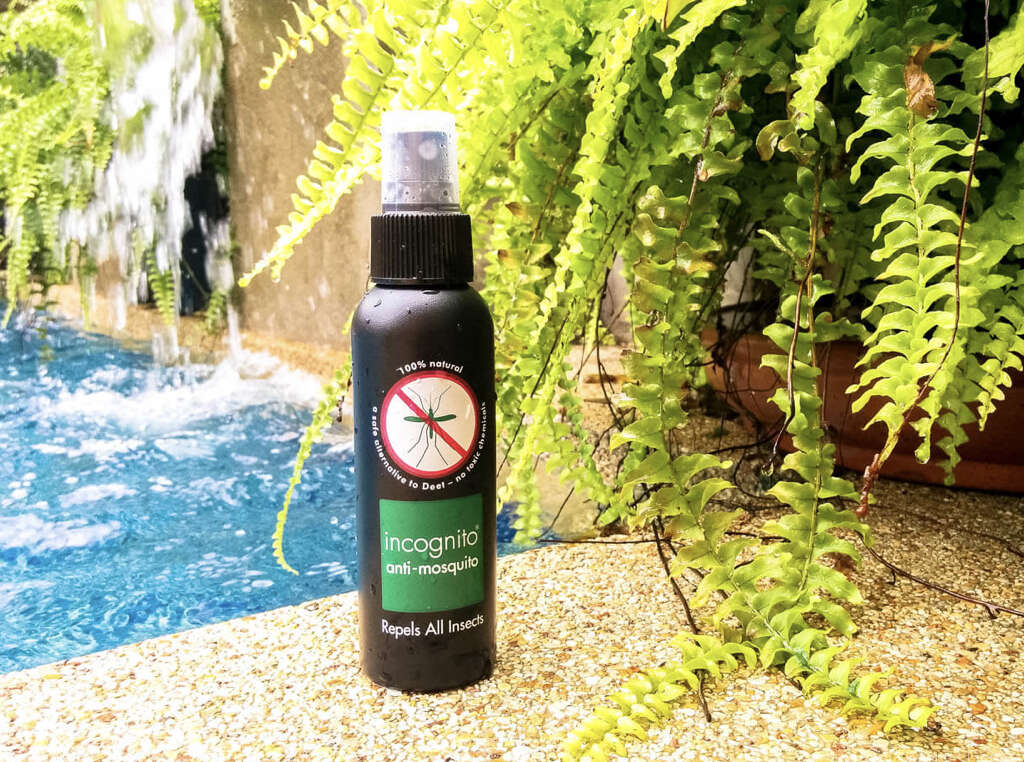
9. What Can You Do To Protect Others?
Remember, mosquitoes become infected by biting an infected person. If you become infected with dengue fever, you have a responsibility to others to prevent an outbreak in your area. The best thing you can do is to remain indoors or in mosquito-free areas until your symptoms subside.
It’s also important to keep in mind that infected person’s do not always present symptoms. If you recently traveled abroad to an at-risk country, you could have dengue and not know it. Upon your return home, act as if you are infected. Take measures to prevent mosquito bites for up to three weeks.

10. Is There a Vaccine for Dengue?
Some countries do not offer a vaccine to prevent dengue to individuals between the ages of 9 and 45. In May 2019, the United States approved the use of the vaccine in individuals between the ages of 9 and 16 in areas where dengue infections are common or likely, such as Puerto Rico and the U.S. Virgin Islands.
It is important to note that these vaccines should only be administered to person’s with prior dengue infections. If a person without previous infection receives the vaccine and subsequently contracts the virus, the individual is at extreme risk of developing severe dengue. The vaccine requires three doses to be effective.
